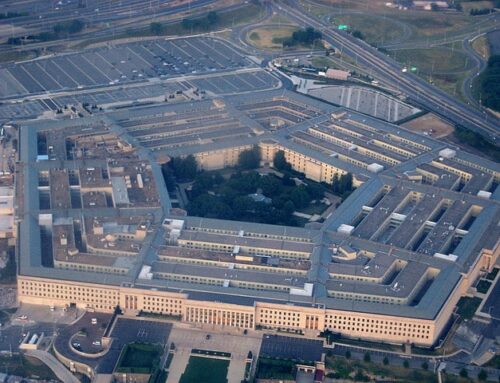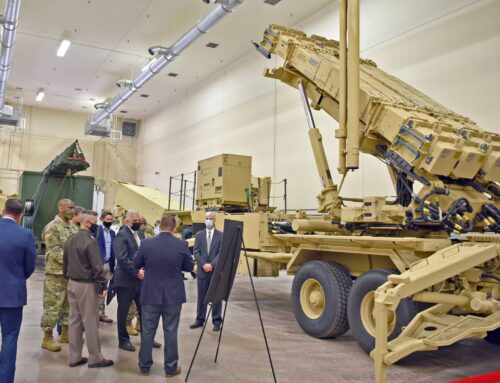House Armed Services Committee on Intercontinental Ballistic Missile (ICBM) Retention
Today, in the first step in the creation of the FY15 National Defense Authorization Act (“NDAA”) the House Armed Services Committee released close to 100 pages of proposed statutory and report language that will be considered tomorrow by the Strategic Forces Subcomittee. This is the panel that oversees, among other things, the nation’s nuclear arsenal.
As we scrolled through the ponderous language, one thing immediately caught our attention: the section titled, “Retention of Missile Silos.”
“This section would express the sense of Congress that recent authorization and appropriations acts enacted by Congress and signed by the President have promulgated a national policy that it is in the national security interests of the United States to retain the maximum number of landbased strategic missile silos and their associated infrastructure to ensure that billions of dollars in prior taxpayer investments for such silos and infrastructure are not lost through precipitous actions which may be budget driven, cyclical, and not in the long-term strategic interests of the United States.
“This section would also require the Secretary of Defense to preserve each intercontinental ballistic missile silo that contains a deployed missile as of the date of the enactment of this Act in, at minimum, a warm status that enables such silo to remain a fully functioning element of the interconnected and redundant command and control system of the missile field and be made fully operational with a deployed missile.”
When the Secretary of Defense declared at his budget briefing earlier this year, “We also preserved all three legs of the nuclear triad” at Taxpayers for Common Sense, we said this was a missed opportunity to save money and reduce one portion of our nuclear arsenal. We believe silo-based ICBMs are the least survivable and should be retired. And although it is hard to quantify exactly how much money would be saved, a recent CBO report begins the important process of estimating the costs of modernizing and reducing the current nuclear arsenal.
But let’s be honest here, this is a cynical move by members of the states where ICBMs are currently deployed to maintain force structure at bases in their Congressional Districts. The specter of another round of base closures is never far from the mind of any Congressman or Senator. And placing this kind of political pressure on the decisions of the Air Force and the Pentagon is a transparent attempt to deflect attention of any future base closure commission.
If this language survives the process in the House Armed Services Committee and on the floor of the House, and we think it will, the Senate should take pains to avoid any similar moves by the so-called “Missile Caucus” in that chamber and insist that this language be struck from the final version of the bill.











Get Social